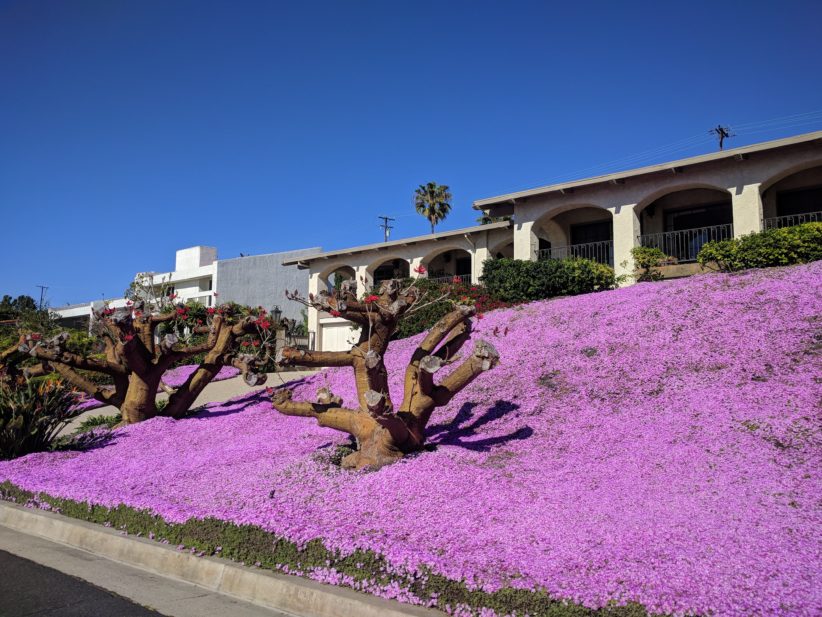The ED can be a challenging place to work. Patients are anxious, injured, in pain, and may have unrealistic expectations of the services we provide. A smaller number of patients are also drunk, high, or acutely psychotic. Captains of industry feel suddenly powerless to control their circumstances. Said captains are unaccustomed to the symphony that arises when one is situated between a crying toddler and a scromiting (screaming + vomiting) substance abuser.
We can reassure our patients that we will provide the same care we'd want for our families, but what they most desire - certainty and reassurance that everything is and will continue to be okay - is often beyond what we can reasonably offer.
That mismatch between expectation and reality is one factor in what is commonly known as the f-you to thank you ratio, a characteristic that captures the essence of a given Emergency Department in a single, telling metric. It refers to the proportion of patients who, after you have rendered care and completed their evaluation, are likely to reward your efforts with either a hearty f-you or a heartfelt thank you.
When I was looking at residency programs, my two top ranked programs varied considerably on this metric. One was an inner city county hospital, tipping towards the f-you scale. The other was a combined tertiary university hospital (thank you) combined with a suburban location county hospital caring for a very appreciative population that tended toward blue-collar and immigrant workers (thank you SO much). I ended up at the latter program, and that twist of fate made for a much more pleasant training experience.
In my current job, which rates firmly on the thank you end of the continuum, we still get our share of challenging, f-you patient encounters. These cases, like the mystery of the vanishing heart attacks and strokes, seem to have receded significantly since the onset of the COVID pandemic.
Strange inversions of the world as I know it have been occurring on a regular basis over the past couple of months.
Some of our prickliest consultants, usually loathe to hear from an emergency physician and quick to express that feeling in less than diplomatic words (if I'm calling you, it usually means you need to do work) are cautioning me to be careful, and thanking me for being on the front line.
Although I am accustomed to bringing my own meals, there have been several weeks where local restaurateurs sent bins of decadent food for the ED staff to thank us for caring for the community. As one colleague who tends toward cynicism put it, "Weird. This is beyond the time period where I'd expect they just need to get rid of produce before it expires."
A local PCP, known to me previously only from phone calls about patients he was sending to the ED or those I'd seen who needed close follow up, dropped off two acrylic intubation boxes for our ED that he'd manufactured in his garage workshop after hearing that such devices might help protect staff from contagion during the aerosol generating procedure. "You guys are in the hot zone, and I'm happy to support you any way I can."
The neighbors we usually rely on to pick up mail when we are away (and for whom we do the same) called to drop off N-95 masks leftover from a long-forgotten drywall repair job. Cousins from New York who make a living importing and exporting cell phone accessories from China asked if we needed them to order us additional PPE.
An internist from the east coast, a dear friend of my wife's, immediately dropped a dozen masks in the mail when we were still worried about potential PPE shortages early in the pandemic. My mom has called twice to alert me that friends of friends have hand-sewn masks and dropped them off so that I will have some form of protection at work. Relatives in Canada sent me a video of their toddlers banging pots and pans as part of the nightly 7PM cacophony intended to support first responders, along with the caption, "They are clapping for you."
Everyone suddenly saying thank you like this is unexpected, heartwarming and weird.
I'm grateful to have that much more thank you than f-you in my professional life, even if I don't expect it to last.
Years from now, I'll recall the time when the rest of the world noticed how fragile our safety net can be and how close it came to snapping, and stopped to thank a few of us who make it our business to hold the frayed ends together.

